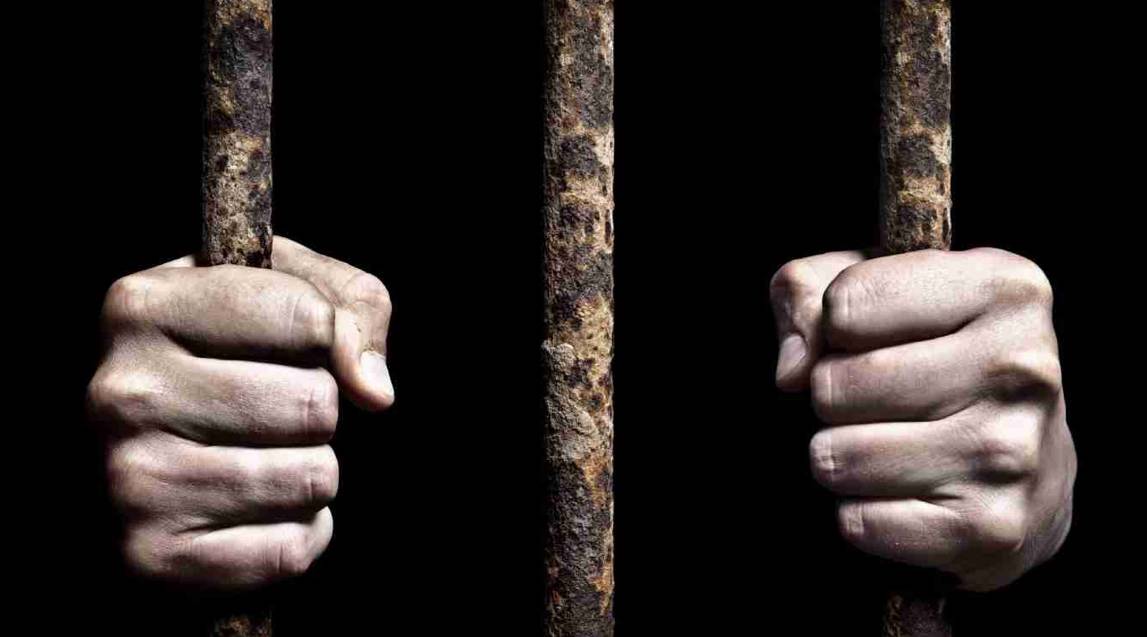
Belgium
Capital city — Brussels
In case of arrest
Custody can last up to 24 hours, this period can be renewed once by an investigating judge.
Police custody¶
- A person taken into custody has the right to notify consular authorities in their country of origin.
- A person taken into custody has the right to notify a reliable person of their arrest within 24 hours.
- A phone call of three minutes must be provided.
- Persons taken into custody have a right to a free interpreter.
- Before questioning, one has the right to consult an attorney. The attorney can provide assistance during the interview, whether conducted by the police or an investigating judge.
- One has the right to a medical exam performed in a hospital. In case of incarceration, a doctor must examine detainees immediately.
How long you can be held in custody?¶
Custody can last up to 24 hours and can be renewed once by order of an investigating judge.
After custody, only an investigating judge can deliver an arrest warrant. This warrant will expire after 5 days. After this period, a hearing is held before an investigating chamber which will either release the person or confirm the warrant for two additional months.
Is bail possible?¶
A suspect facing an arrest warrant could be placed under electronic monitoring. Bail can be set either by the investigating judge or the investigating chamber.
What do I do in case of bad treatment by the police during custody?¶
Although it is possible to file a criminal complaint for bad treatment by the police, proceedings are extremely lengthy.
A formal complaint can also be addressed to the Permanent Committee for the Control of Police services but they do not provide individualized responses.
A detainee has the right to call their attorney or embassy everyday between 8.00am and 8.30pm
The prison¶
How do I know where that person is?¶
You must contact Belgian consular authorities from your home country. Note that they will only be informed if the person in custody as made contact with consular authorities.
Your consulate cannot release the accused from prison. Consular authorities may visit them.
An investigating judge can also issue an order barring an incarcerated person from having any contact for up to three days.
How do I communicate with them?¶
-
Phone calls. A detainee has the right to call their attorney or embassy every day between 8.00am and 8.30pm at her own expense. Some prisons forbid phone calls during the five first days of detention (e.g. Berkendael and Forest penitentiaries). Note that in Belgian prisons it is forbidden to given your phone credit to another inmate. It is also possible to buy a phone card from the prison commissary. It is impossible to call a prisoner from the outside.
-
Mail correspondence is unlimited but controlled by the prison. Letters must mention the name and the ID number of the inmate.
How can I visit a person in detention?¶
Visitations rights are granted to every relative up to the second degree (parents, great-parents, brothers, sisters, children and grandchildren). You must : • Call the prison beforehand ; • Obtain a visitation permit by sending the prison a copy of your identification (identity card or passport) and a document proving your family ties with the detainee (birth certificate, family register,).
Other acquaintances must provide a copy of their identification, a birth certificate, a proof of personal relationship with the inmates and an excerpt of their judicial record.
As for time slots and modalities vary from prison to prison, one must preferably plan visits well in advance. Information’s are provided by the prison’s administrative services and available on the following websites :
How do I find an attorney?¶
An incarcerated person may be assisted by :
- A private attorney : by contacting your embassy which will provide a list or on this French website
- A court appointed attorney: the fees will be paid at least in part by the Belgian state. It is possible to change attorneys.
May I send a package to my relative? If applicable, what can I send?¶
Parcel posts are forbidden, one must ask the prison in advance in order to determine which items can be sent (the list of prohibited items may vary from one prison to another). Local organizations of prison visitors may give assistance in the matter.
How do I send money?¶
You must wire the money to the prison general banking account and indicate the name and identification number of the prisoner. The prison will then send the money to the inmate’s personal account.
Local aid¶
Aid and information can be found on the following websites :
- L’Observatoire International des Prisons - Belgique
- L’association des visiteurs francophones de prison de Belgique - (AVFPB)
- Fondation pour l’assistance morale aux détenus
- L’annuaire des maisons de justice
- La ligue des droits de l’homme
- Concertation des Associations Actives en Prison
- La défense des enfants
- L’asbl Relais Enfants-Parents
Liens utiles¶
Other resources are available to help you out and find more information.
- Fair Trials website.
- Belgium Prisoner’s Pack, made by the foreign and Commonwealth Office.